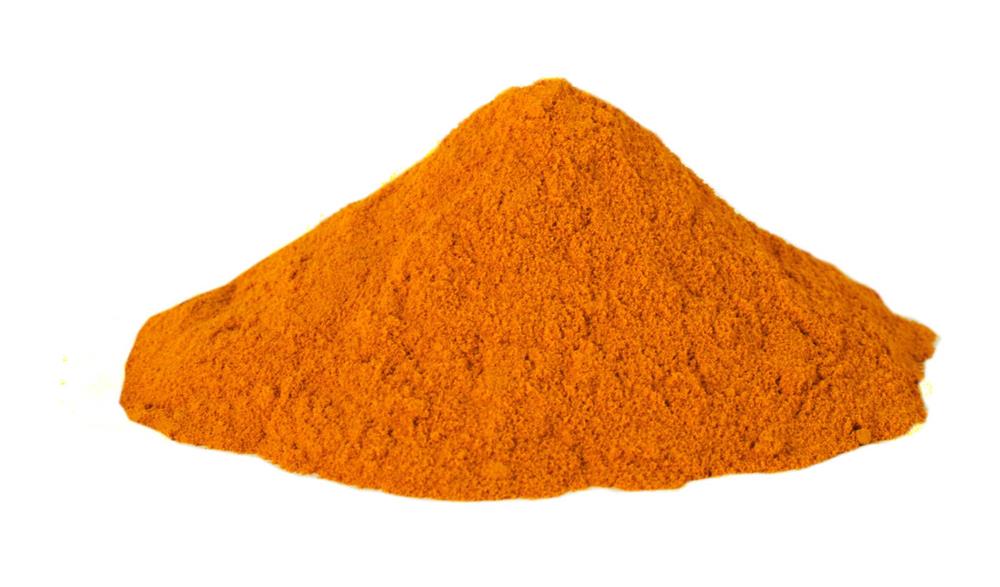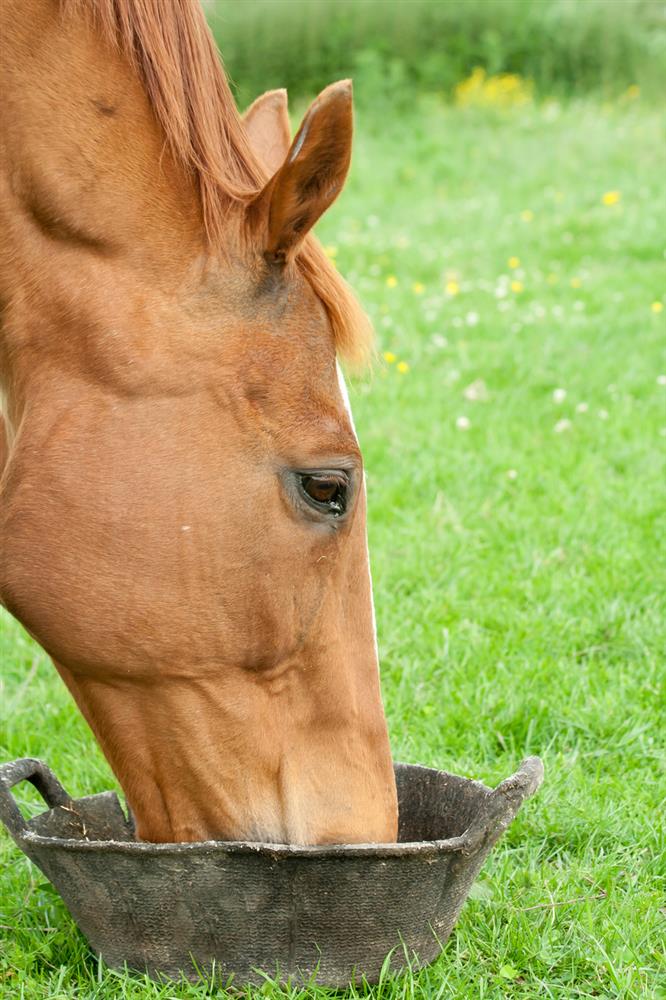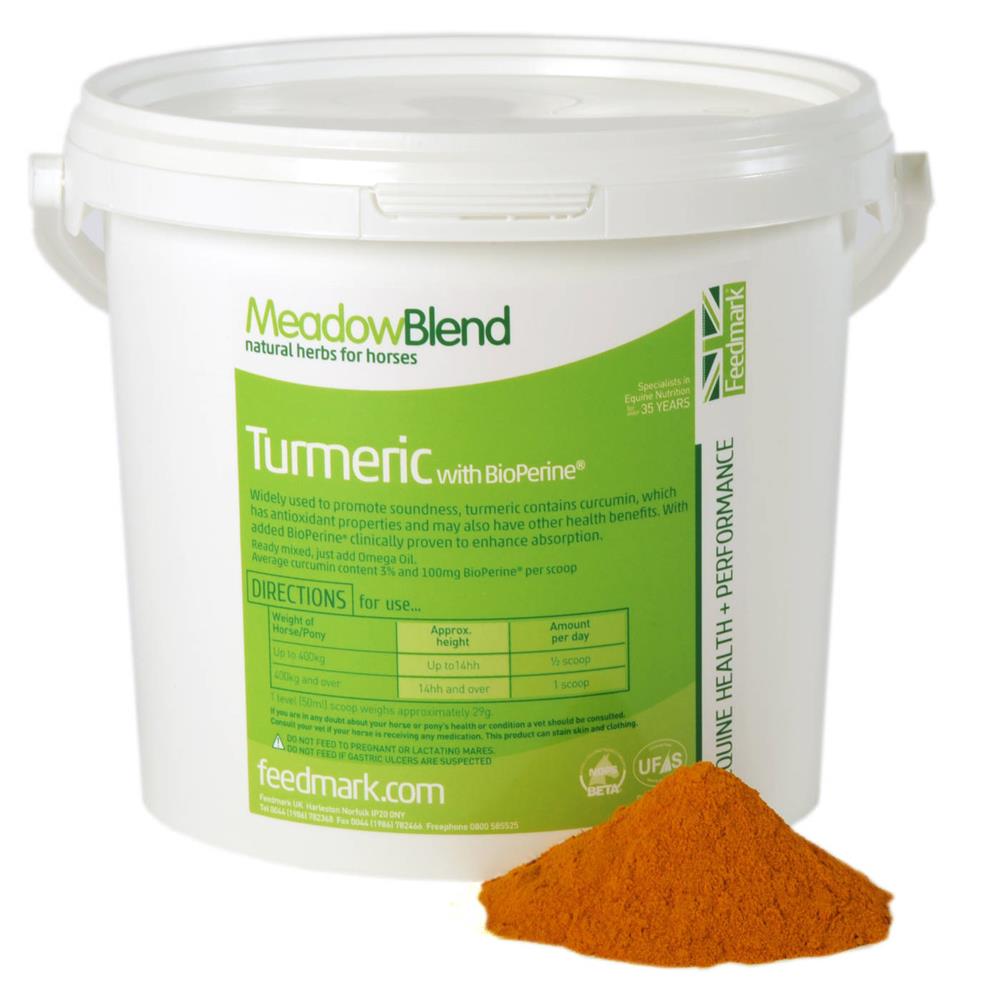Turmeric has become increasingly popular amongst horse owners due to its reputation for harbouring many properties to aid a horse's health. It is a natural remedy that has been tested and proven to be beneficial for both humans and horses.
What is it and where does it come from?
Turmeric is a flowering plant which belongs to the ginger family, it is often fed to horses as a fine powder and is derived from the underground stems and roots of the plant Curcuma longa. It has a distinctive bright orange colour and is traditionally used in Southeast Asian cooking. For all of those with grey horses… you may not want to add turmeric to your horse’s feed just before a show as it can leave a stubborn stain!
Turmeric became an important medicine in Indian Ayurvedic healing at around 500 BC. The spice was most commonly used to purify blood and skin. Additionally, it was also used to reduce symptoms of diarrhoea and urinary infections, it can even be used as an insect repellent. Even today, it is still used in food, cosmetics, and medicines.
Turmeric contains many natural compounds, including curcumin, which has antioxidant properties.

What is curcumin?
The active ingredient 'curcumin' is thought to be mainly responsible for the health benefiting properties of turmeric, the effects of this have been well studied in humans. Curcumin is a curcuminoid and is the major component of turmeric. Turmeric generally contains 2-5% curcumin, although this can vary due to it being a naturally sourced ingredient. It also contains other helpful curcuminoids such as demethoxycurcumin, 5’-methoxycurcumin, and dihydrocurcumin, which are found to be natural antioxidants.
The benefits
There are multiple benefits to adding turmeric to your horse's feeding regime:
-
Aids joint mobility and suppleness
-
Helps maintain healthy skin and coat
-
Supports a healthy immune and respiratory system
-
Aids digestion
-
A general tonic for the older horse

How to feed
As with any new feed or supplement, turmeric should be added to your horse’s diet gradually to allow their digestive system to adapt to the new ingredient. Turmeric on its own is not absorbed very well and can be expelled by the body, meaning that its beneficial effects can be lost. Therefore, it is often advised to feed turmeric alongside black pepper. This is because black pepper contains a substance called piperine which increases the bioavailability of curcumin. Feedmark add a stable form of black pepper extract called BioPerine® to our turmeric to ensure maximum absorption and ease of feeding. We also recommend mixing turmeric with a fat such as linseed oil; this can further help to improve absorption of this nutrient as well as providing the horse with other benefits such as supporting skin and joint health.
Turmeric is not suitable to feed to pregnant mares or to horses that may have gastric ulcers.
Feedmark supplements
Due to our UFAS (NOPS) accreditation we only purchase our ingredients from approved suppliers enabling us to trace every ingredient to its source.
-
Turmeric in the MeadowBlend range.
-
SarVoid - The herbs turmeric, red clover and burdock root are traditionally used for skin health and coat care, with BioPerine to increase bioavailability of the active ingredients.
If you have any queries about your horses’ diet, please contact our Nutritionists who are available seven days a week and would be more than happy to help. Just call freephone 0800 585525 or email [email protected]


